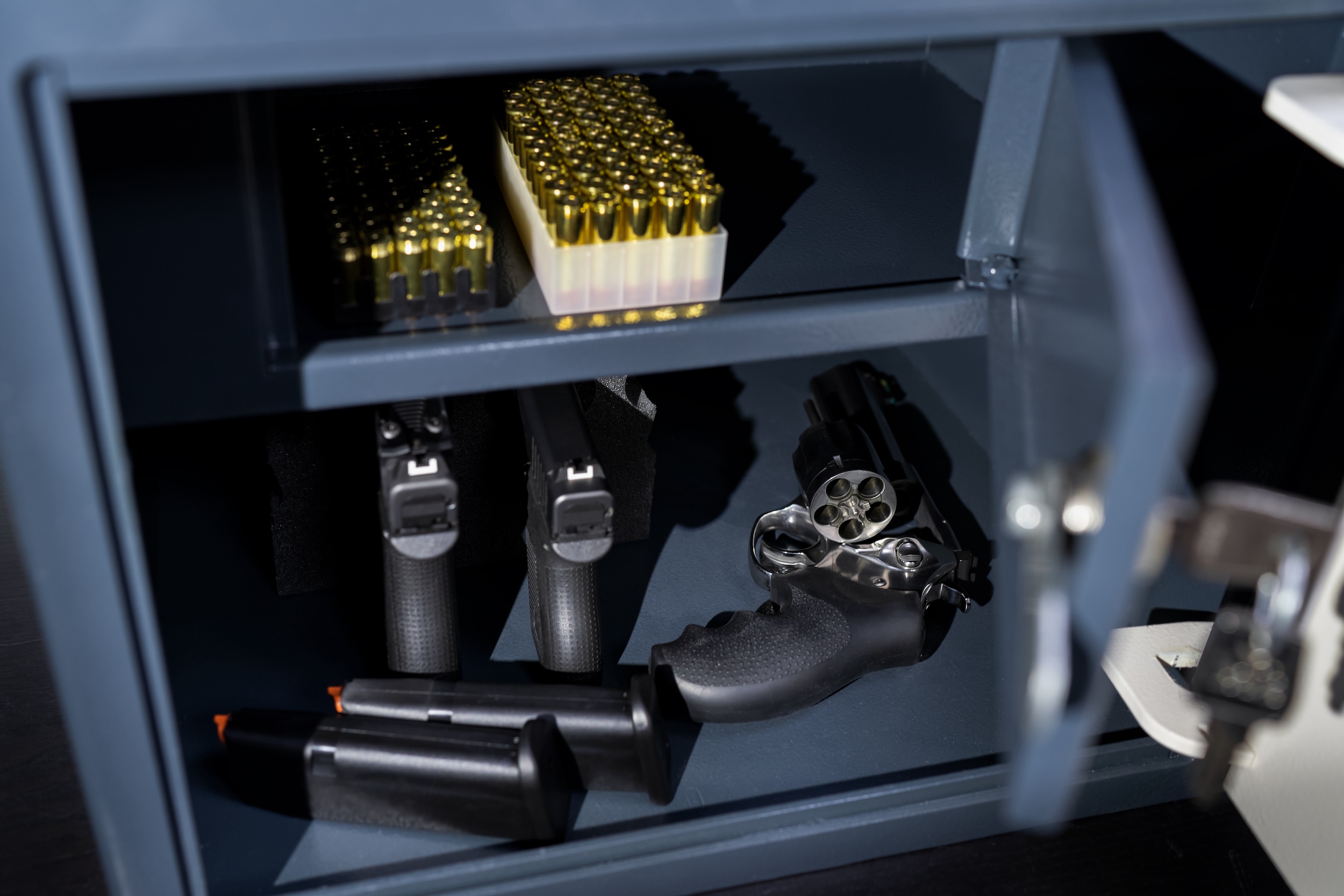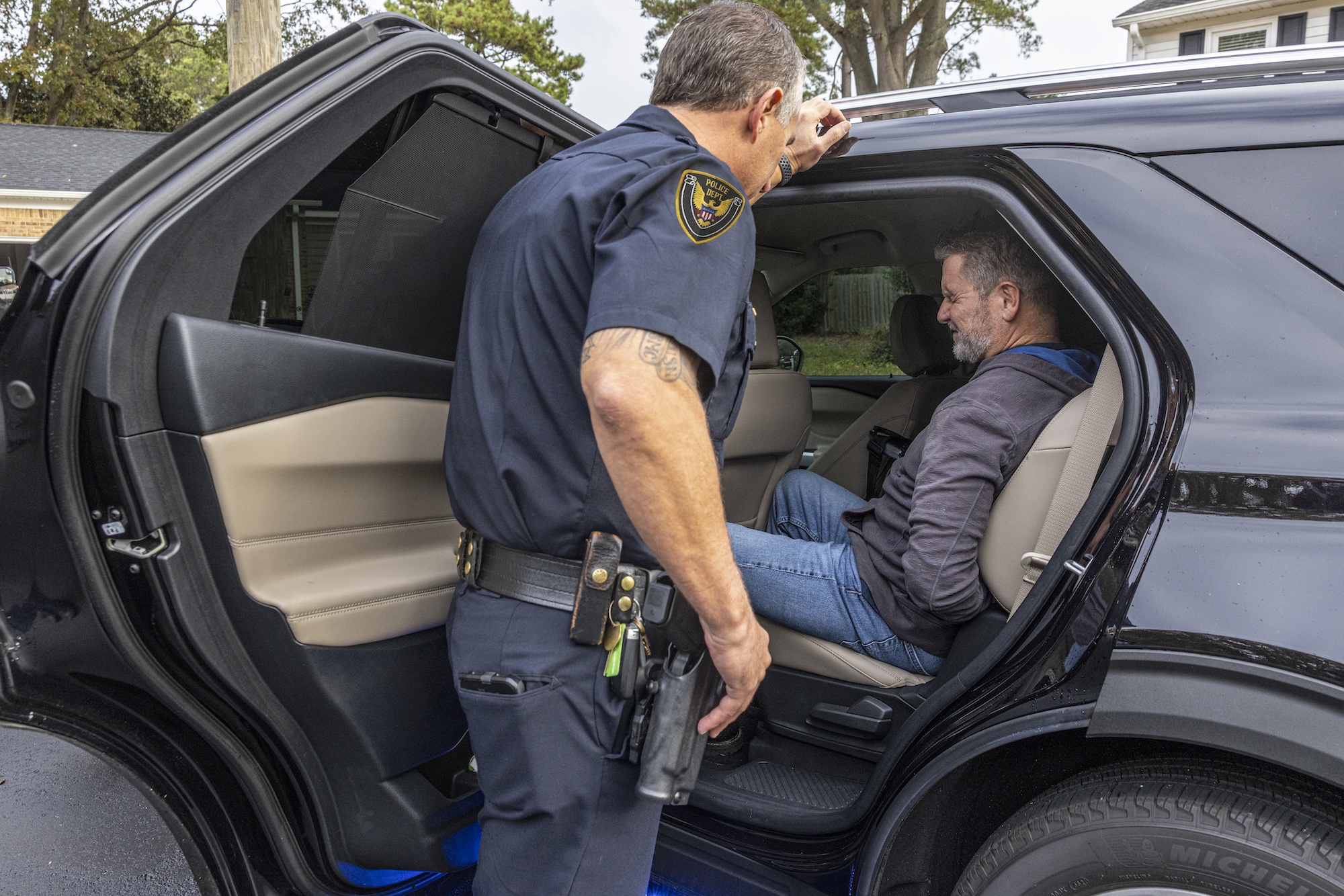
The Trend: More states are mandating how gun owners store their firearms at home, with lawmakers citing child safety as a primary driver, as well as keeping firearms out of the hands of potential school shooters and other violent criminals.
For gun owners, many of these requirements align with the safety practices already in place, however, enforcement and government dictates have become a sore spot in the movement.
The Numbers Game: As of January 2024, 27 states and Washington, D.C., have some form of child access prevention laws in effect. These policies vary widely in scope—some states have comprehensive secure storage requirements that should you be in violation and it is discovered, can lead to hefty fines. Others simply impose penalties, including possible jail time, after something goes terribly wrong.
The Push: The motivation centers on preventing accidental deaths, suicides and theft. Proponents cite dataclaiming firearms are the leading cause of death among children, though critics including the National Shooting Sports Foundation and Washington Post note these numbers include 18- and 19-year-olds and don't distinguish among gang violence deaths. Auto accidents remain the leading cause of death for children ages 1-17, though that gap is closing.
The Pushback: Second Amendment advocates raise two main concerns: government overreach in dictating activities within our own homes and enforcement challenges. While gun safety should be a top priority, educated gun owners should determine the best approach for their specific home situations, finances and readiness. Critics also question how authorities can monitor compliance without violating Fourth Amendment protections against unreasonable searches.
The Reality: Most firearms instructors agree: Whether mandated or not, secure storage is good practice. Modern safes and lock boxes offer quick biometric access while keeping weapons from children and unauthorized users. State laws vary significantly. Research your specific requirements through reliable sources such as the Gun Law Database or consult local law enforcement or an attorney familiar with gun law. (U.S. LawShield members can call their non-emergency number for free legal guidance.) Even in states without mandates, proper storage protects your family, shields you from liability and, most importantly, is the responsible thing to do.



